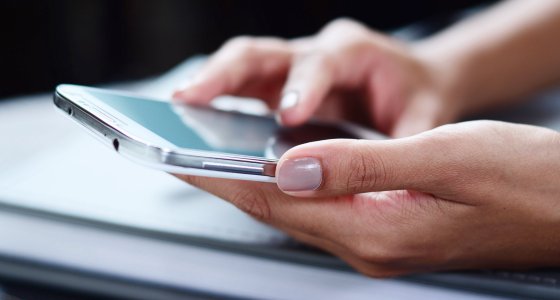
/ imagecore, stock.adobe.com
Cologne – It is unclear to use so-called mHealth apps such as self-management apps for patients with multiple sclerosis. This is the conclusion that scientists from the University Medical Center Hamburg-Eppendorf and the Hannover Medical School came to a new Initial Health Technology Assessment (HTA). The client is the Institute for Quality and Efficiency in Healthcare (IQWiG).
The starting point of the analysis was a question from a citizen in the context of the so-called “medical examination”. Scientists have found eleven mostly small studies on the topic. When reviewing these studies, they were unable to find any clear evidence of any benefit from mobile health apps in MS.
“The data do not indicate that apps that have a reminder function or those that are supposed to support physical activity have a positive effect,” they said. However, studies have found signs that mobile health apps can relieve symptoms of depression as well as lack of motivation and energy, lasting fatigue and weakness (fatigue) in people with MS and improve everyday cognitive skills.
IQWiG is now prompting for comments on the HTA Initial Report. People, institutions and associations can submit these requests until June 28.
The HTA reports as part of the medical objective examination are not prepared by IQWiG itself, but by external experts. IQWiG publishes reports with a Generally Understood Short Version (HTA Compact) and editor’s comment. © Hill / aerzteblatt.de

“Total coffee aficionado. Travel buff. Music ninja. Bacon nerd. Beeraholic.”








More Stories
Coral Seeding: Artificial Insemination Makes Coral More Heat Tolerant
Fear, Anger, and Denial: How People Respond to Climate Change – Research
LKH Graz: Using radiation to combat heart arrhythmias